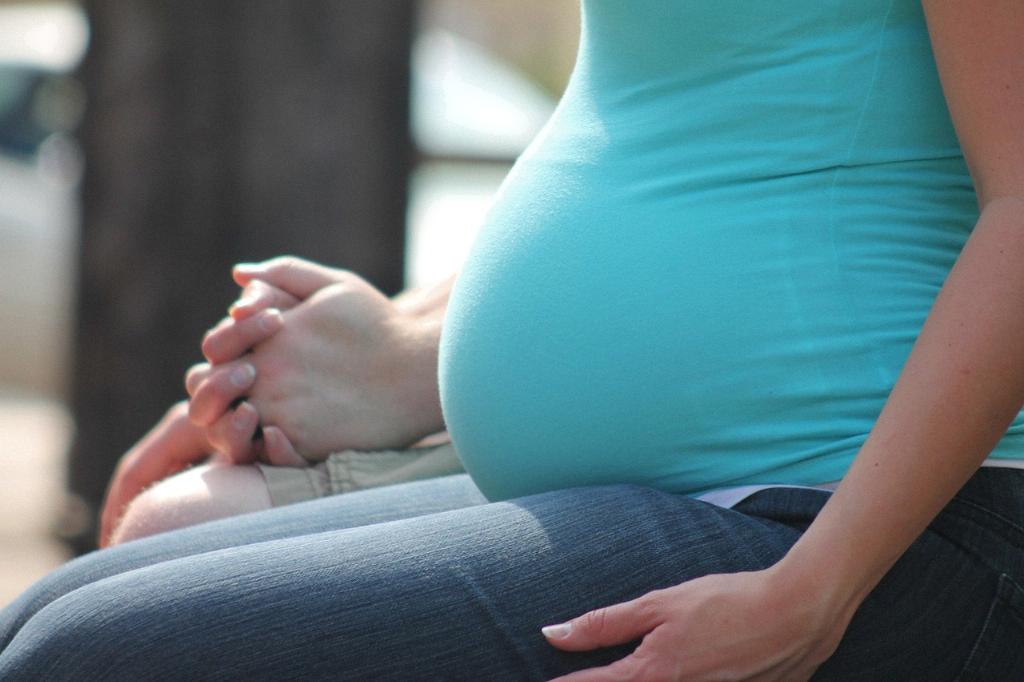When it comes to pregnancy tests, accuracy is paramount. The Equate Advanced Early Pregnancy Test claims to be able to detect pregnancy up to 5 days sooner than your missed period, boasting an accuracy rate of over 99%. These claims can be quite reassuring for those anxiously awaiting confirmation of a possible pregnancy.
One of the key factors that determine the accuracy of a pregnancy test is its sensitivity to the pregnancy hormone hCG. The Equate Pregnancy Test is designed to detect even low levels of hCG, which is why it can provide results earlier than some other tests on the market.
Many women rely on early pregnancy tests to alleviate their suspense and begin planning for the future. The peace of mind that comes from a reliable and accurate pregnancy test is invaluable. This is where the Equate Pregnancy Test aims to deliver, promising results that you can trust.
Despite the high accuracy claim, it is important to note that no pregnancy test is infallible. Factors such as improper usage, expired tests, or certain medications can potentially affect the results. It is always recommended to follow the instructions carefully and consult with a healthcare provider if there are any doubts.
For those who are trying to conceive or suspect they may be pregnant, the timing of taking a pregnancy test can be crucial. The Equate Pregnancy Test’s ability to detect pregnancy early can provide much-needed clarity during this uncertain period, helping individuals make informed decisions moving forward.
Accuracy is not just about the test itself but also about how it is interpreted. Understanding the instructions, waiting for the specified time, and reading the results correctly are all essential steps in ensuring the accuracy of the test. Rushing through these steps could lead to inaccurate results.
It is worth mentioning that the Equate Pregnancy Test is a cost-effective option compared to some other brands on the market. This affordability makes it accessible to a wider range of individuals, allowing more people to benefit from its purported accuracy and reliability.
Ultimately, the accuracy of the Equate Pregnancy Test is a significant factor for many individuals who rely on home pregnancy tests. The ability to detect pregnancy early and with a high degree of certainty can make a world of difference for those eagerly anticipating the results.
While no test can guarantee 100% accuracy, the Equate Pregnancy Test’s claims of over 99% accuracy provide a level of reassurance to users. When used correctly and at the right time, this test can offer valuable insights into one’s pregnancy status.
When evaluating the accuracy of any pregnancy test, it is essential to consider both the manufacturer’s claims and real-world user experiences. Many individuals have found the Equate Pregnancy Test to be reliable and accurate, contributing to its positive reputation among consumers.
In conclusion, the Equate Pregnancy Test’s high accuracy rate and early detection capabilities make it a popular choice for many individuals seeking reliable results. While no test is foolproof, the Equate Pregnancy Test’s track record of accuracy and affordability continues to attract those in need of timely and trustworthy pregnancy confirmation.
For anyone considering taking a pregnancy test, the Equate Pregnancy Test’s claims of accuracy and early detection may provide the peace of mind needed during a crucial moment in their lives.

